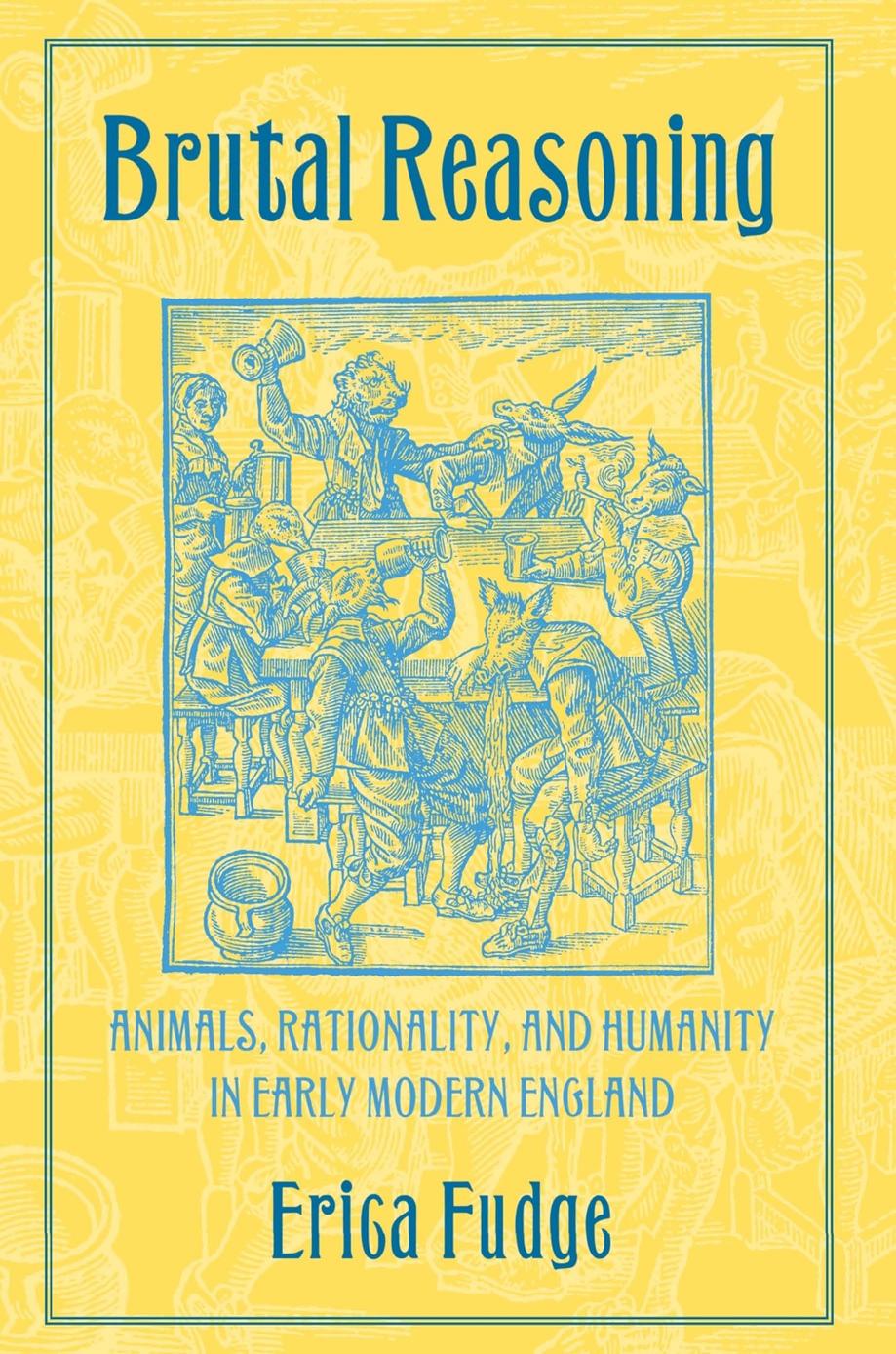Brutal Reasoning: Animals, Rationality, and Humanity in Early Modern England by Erica Fudge

Author:Erica Fudge [Fudge, Erica]
Language: eng
Format: epub, pdf
Tags: General, Philosophy, Movements, Anthropology, Cultural & Social, Renaissance, Logic, History & Surveys, Modern, Rationalism, History, Literary Criticism, European, Social Science, English; Irish; Scottish; Welsh, Science
ISBN: 9781501727191
Google: qdxVDwAAQBAJ
Publisher: Cornell
Published: 2019-02-15T13:51:09+00:00
This cannot be simply understood as instigation to a sporting contest. Rather, there are, I think, three possible readings to be made. First, that the royal party merely wanted to see savagery in action, to see the lions dispatch the lamb. Second, the lowering of the lamb into the lionsâ den might have been an attempt by the royal party to witness a moment of leonine kindness such as Daniel experienced (Daniel 6:22) with the lamb emblematic of that other Lamb of God. Third, while this amazing spectacle may have challenged expectations about the violence of the lions, it would have, perhaps, reinforced the belief in the divine power of the overseeing monarch to control nature. Whereas Daniel cried out to âthe living God,â perhaps the lionsâ kindness in 1605 could be offered as evidence of the presence of Godâs representative on earth. Just as Charles I, twenty-eight years later, could offer protection to a hare, so Jamesâs mere presence could put an end to the violence of animals. However, this kindness of the lions was brought to an abrupt end when another lion was brought in to the âwalkeâ and was baited by dogs. Here, perhaps, we witness the âsimplerâ pleasure of combat.58 But this simpler pleasure, we should remember, is not the focus of the kingâs visit; it is merely its epilogue.
Thus, in attempting to read the animals through the lens of preexisting narrativesâthe bestiary tradition, the Bible, and the belief in the monarchâs divine powerâthe animal combats witnessed by the king and other members of the royal family do not so much reveal the animalsâ natural behavior as the preconceived ideas about animals held by the spectators. The framework of myth sits comfortably beside the spectatorsâ desire for spectacle and cruelty. Thus, what Stow and Howes record are in part human expectations and their realization (or otherwise) in the face of real animals. There are, at work in the Tower, narratives about ideal animals, and there are real animals; and the two are not always compatible.
So, when Scott-Warren argues that âThe arena became a kind of psychological anatomy theater, revealing the courage, nobility, and artistry, the âpeculiar or properâ character of the animals that were exposed to the public gaze,â this does not fully reflect the context in which animals were seen.59 People looked at animals, without doubt, but they frequently did so with certain expectations of what animal nature would be. In fact, for many writers and observers those expectations constructed the meaning of the animalsâ actions.
This is an early modern technique of reading animal behavior that directly contradicted ideas found in another classical tradition, and it is significant for us that these ideasâor the most coherent reproduction of themâwere rediscovered during the sixteenth century and first printed in 1562. Sextus Empiricusâs Outlines of Scepticism offered early modern writers yet another way of thinking about animals. In the debates already covered in this chapter, animals were reasonable beings; were creatures capable of performing syllogisms; were beings
Download
Brutal Reasoning: Animals, Rationality, and Humanity in Early Modern England by Erica Fudge.pdf
This site does not store any files on its server. We only index and link to content provided by other sites. Please contact the content providers to delete copyright contents if any and email us, we'll remove relevant links or contents immediately.
The Power of Myth by Joseph Campbell & Bill Moyers(1068)
A Social History of the Media by Peter Burke & Peter Burke(988)
Half Moon Bay by Jonathan Kellerman & Jesse Kellerman(987)
Inseparable by Emma Donoghue(983)
The Nets of Modernism: Henry James, Virginia Woolf, James Joyce, and Sigmund Freud by Maud Ellmann(913)
The Spike by Mark Humphries;(812)
The Complete Correspondence 1928-1940 by Theodor W. Adorno & Walter Benjamin(789)
A Theory of Narrative Drawing by Simon Grennan(783)
Culture by Terry Eagleton(776)
Ideology by Eagleton Terry;(743)
World Philology by(719)
Farnsworth's Classical English Rhetoric by Ward Farnsworth(715)
Game of Thrones and Philosophy by William Irwin(712)
Bodies from the Library 3 by Tony Medawar(709)
High Albania by M. Edith Durham(705)
Adam Smith by Jonathan Conlin(695)
A Reader’s Companion to J. D. Salinger’s The Catcher in the Rye by Peter Beidler(689)
Monkey King by Wu Cheng'en(654)
Comic Genius: Portraits of Funny People by(652)
